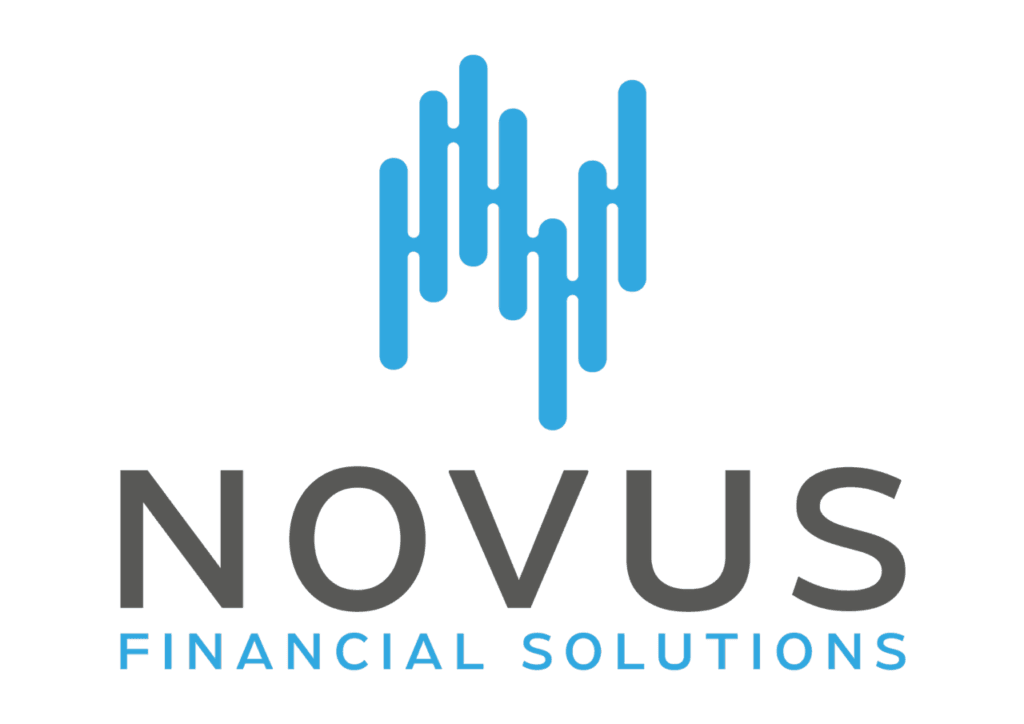The end of the tax year is a busy time for everyone, but if you’re self-employed, it comes with a unique set of challenges—especially if you’re thinking about applying for a mortgage. At Novus Financial Solutions, we understand that navigating the mortgage process can feel daunting when you’re self-employed. Lenders often scrutinise financial records more closely, and without the luxury of a typical payslip, you’re left relying on your tax returns and accounts to tell your financial story.
The end of the tax year is a busy time for everyone, but if you’re self-employed, it comes with a unique set of challenges—especially if you’re thinking about applying for a mortgage. At Novus Financial Solutions, we understand that navigating the mortgage process can feel daunting when you’re self-employed. Lenders often scrutinise financial records more closely, and without the luxury of a typical payslip, you’re left relying on your tax returns and accounts to tell your financial story.
Challenges Self-Employed People Face When Applying for Mortgages
If you’re self-employed, you’ve probably experienced how lenders approach your application differently. Here’s why this happens—and what it means for you at tax time.
Income Fluctuation – Self-employed individuals often experience income variability throughout the year, which can make it harder for lenders to see stable earnings. Showing consistent income over several years becomes critical.
Documentation Requirements – Unlike salaried employees, self-employed applicants need to provide more extensive evidence of their income. This means tax returns, SA302 forms, and business accounts are all essential pieces of the puzzle.
Stringent Affordability Tests – Lenders look closely at your outgoings as well as your income, so it’s important to demonstrate healthy financial management alongside your earnings.
Misconceptions About Self-Employment – Unfortunately, some lenders may assume self-employed applicants are riskier simply because they don’t rely on a traditional pay slip. This can feel frustrating, but being proactive with your preparation can help dispel these assumptions.
How to Prepare for Mortgage Success Around Tax Time – Getting ready for the end of the tax year is about more than just submitting your tax return—it’s also the perfect opportunity to ensure your financial credentials are in great shape before applying for a mortgage.
Keep Accurate and Up-to-Date Records – Having well-organised financial records is non-negotiable when applying for a mortgage. Lenders will want to see detailed accounts and tax returns for the past two to three years to assess your income. Work with your accountant to ensure everything is accurate, transparent, and ready to present to potential lenders.
Tip: Use accounting software to streamline your record-keeping throughout the year, so you’re not scrambling to pull everything together at the last minute.
Finalise and File Your Tax Return Early – The earlier you file your self-assessment tax return, the sooner you have a concrete picture of your income for the year—and so will lenders. Filing promptly also ensures you avoid any potential penalties or rushed calculations.
Minimise Exceptional Deductions – It’s tempting to maximise tax deductions to reduce your end-of-year tax bill. However, some of these deductions can lower your ‘official’ income in the eyes of lenders. While it’s important to claim legitimate expenses, be mindful of how this affects the profits reported on your tax return, as less declared income could limit your borrowing potential.
Understand What Lenders Are Looking For – Different lenders have varying criteria for self-employed applicants, so it’s beneficial to research or consult a mortgage adviser who understands your specific situation. Most lenders will consider factors such as:
- Your Credit Score
- The size of your deposit
- Your debt-to-income ratio
- How long you’ve been self-employed
Knowing these requirements in advance can help you plan your application strategy.
Some lenders in our network are willing to consider Net Profit—or even Gross Profit—in the right circumstances. This flexibility could unlock significant tax advantages for you. For higher-rate taxpayers, this approach could mean paying just 19-25% tax instead of up to 50%, keeping more money where it belongs—back in your pocket.
Build and Maintain a Strong Credit Score – Your credit score is one of the first things lenders will review. Paying bills on time, keeping credit usage low, and avoiding unnecessary borrowing all contribute to a healthy credit score. Before applying for a mortgage, check your credit report for errors or inaccuracies that could impact your application.
Seek Professional Guidance – One of the smartest moves you can make as a self-employed mortgage applicant is to work with a mortgage adviser, like our team at Novus Financial Solutions. We specialise in working with self-employed clients and can help you find lenders who understand your unique situation, ensuring you’re matched with a deal that suits your needs.
The end of the tax year is a time for financial reflection, but it’s also an opportunity to get ahead in your mortgage application process. By staying organised, understanding lender expectations, and seeking advice when needed, you can improve your chances of securing a mortgage that works for you.
At Novus Financial Solutions, we’re dedicated to helping self-employed individuals turn the dream of homeownership into reality. Whether you’re just starting to explore your mortgage options or you’re ready to apply, we’re here to guide you every step of the way.
Get in touch with us today to find out how we can help you secure the mortgage you need—tax time doesn’t have to be stressful when you’re prepared!

